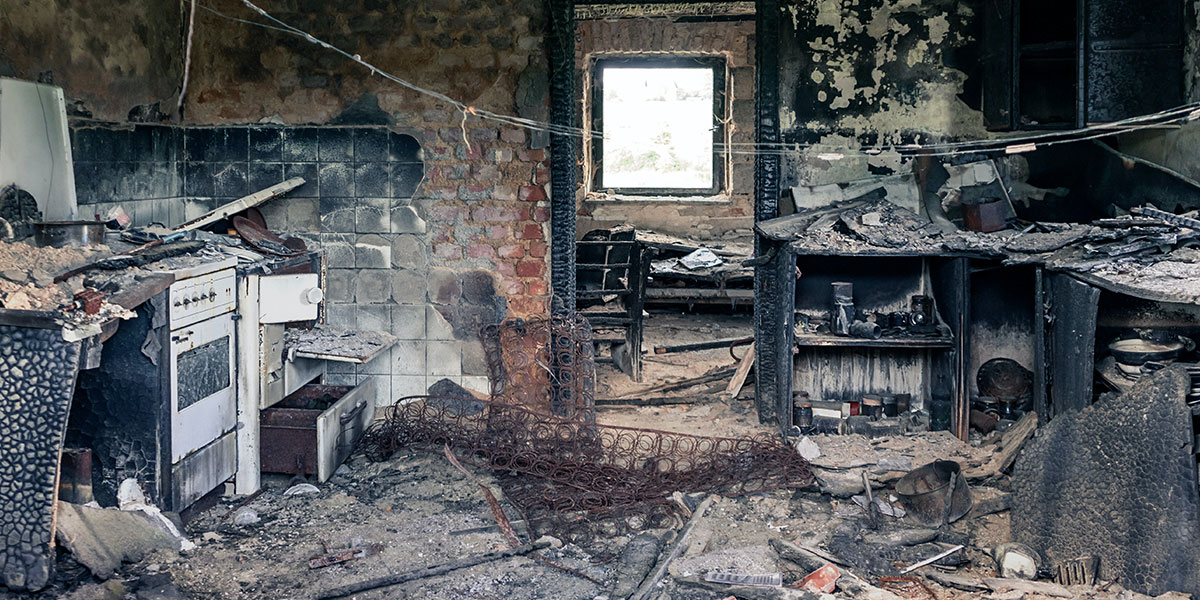For California residents facing challenges in obtaining homeowners insurance due to various risk factors such as living in high-risk areas or having older properties, the California FAIR Plan (Fair Access to Insurance Requirements) offers a potential solution. The FAIR Plan is designed to provide basic fire insurance to high-risk homeowners who are unable to obtain coverage through preferred property insurers. It operates as a shared market where licensed insurance companies collaborate to share the risk of insuring California homeowners who do not qualify for voluntary coverage.
While the coverage offered by the FAIR Plan is more limited than a standard homeowners insurance policy, it still protects homeowners from shouldering the full cost of a loss out-of-pocket. The basic FAIR plan typically covers named perils such as fire, lightning, internal explosion, and smoke. However, additional coverage options can be added at an extra cost to provide a more comprehensive level of protection.
Eligibility for the California FAIR Plan is contingent upon meeting certain requirements. Applicants must own a single-family home, townhome, condo, or rental unit in California, and the property must fulfill specific building requirements. However, the FAIR Plan does not cover vacant homes that are unoccupied for 50% of the year, properties with existing unrepaired damages, or homes involved in illegal activities based on state and federal laws.
Regarding the cost, FAIR Plan premiums vary depending on several factors, including the property’s location, age, condition, proximity to a fire station, claims history, coverage types, and deductibles chosen. However, FAIR Plans are generally more expensive than standard home insurance policies. On average, California homeowners pay $1,428 for $250,000 in dwelling coverage, but with a FAIR Plan, homeowners should expect a higher rate.
To acquire a California FAIR Plan, homeowners need to go through a licensed insurance broker. The broker will first determine if the homeowner qualifies for preferred homeowners insurance coverage through the traditional marketplace before considering the FAIR Plan. Once the application is completed and approved, the first month’s premium must be paid to activate the coverage.
In response to increased wildfire risks, major insurance companies have stopped, canceled, or paused homeowners insurance policies in California. As a result, the demand for FAIR plan coverage has risen.
KEY FEATURES OF THE FAIR PLAN:
It’s a Last Resort Option:
The California FAIR Plan serves as an insurer of last resort for homeowners who are unable to obtain coverage through the private insurance market due to high-risk factors, such as living in areas prone to natural disasters like wildfires or earthquakes.
It Offers Very Basic Coverage:
The FAIR Plan provides basic property insurance coverage, usually focusing on named perils like fire, lightning, internal explosion, and smoke. However, the coverage is generally more limited than a standard homeowners insurance policy.
It Operates Though a Shared Market:
The FAIR Plan operates through a shared market system, where licensed insurance companies participate and share the risk of insuring high-risk homeowners who do not qualify for voluntary coverage.
You Can Purchase Additional Coverage Options:
While the FAIR Plan offers basic coverage, homeowners have the option to purchase add-on coverages at an additional cost to customize their policies and enhance protection.
It’s Designed for High-Risk Areas:
The plan is specifically designed for homeowners residing in high-risk areas where private insurers are hesitant to provide coverage due to the increased likelihood of potential claims.
Eligibility Requirements:
Homeowners must meet certain requirements to qualify for the FAIR Plan. The property must be a single-family home, townhome, condo, or rental unit in California, and the home must fulfill specific building requirements.
Higher Premiums and Deductibles:
FAIR Plan policies often come with higher premiums and deductibles compared to standard insurance policies due to the higher risks associated with the covered properties.
Association with California Earthquake Authority:
FAIR Plan customers can purchase a separate earthquake insurance policy through the California Earthquake Authority (CEA) if they desire additional earthquake coverage.
It’s essential to keep in mind that insurance policies and regulations can change over time, so for the most up-to-date and accurate information about the California FAIR Plan, it’s best to consult your agent.






